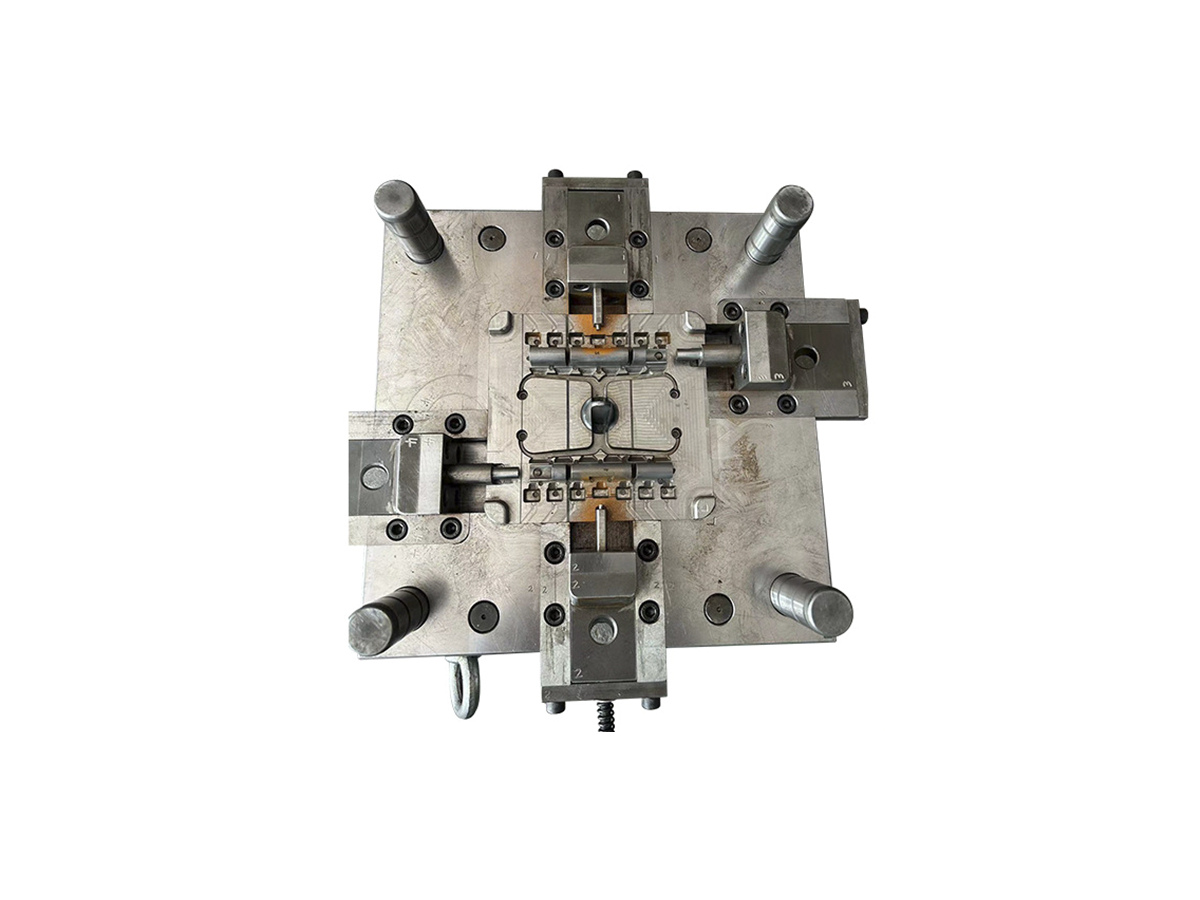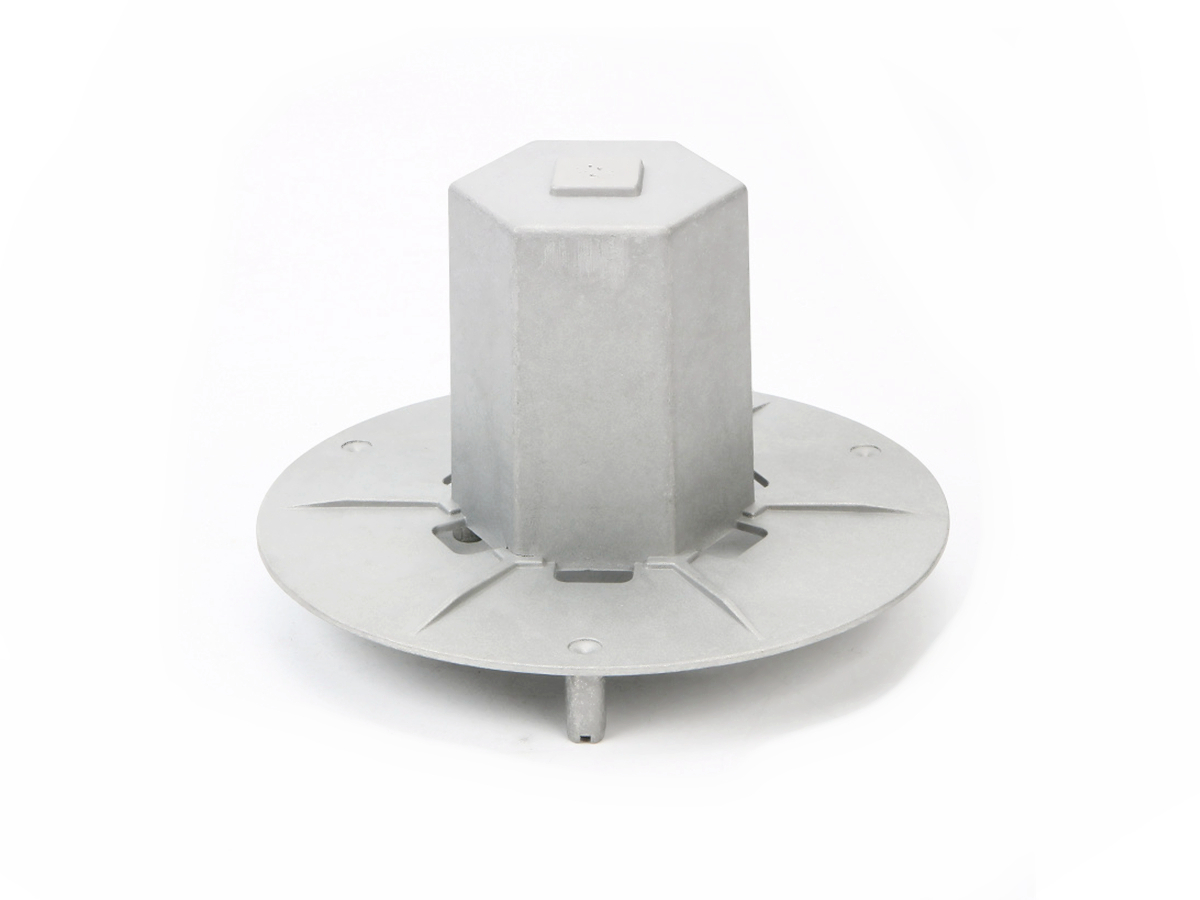Can Neway assist with design modifications for manufacturability before tooling?
Yes, Neway offers professional and in-depth support for design modifications before tooling to enhance manufacturability, reduce costs, and optimize production efficiency. With a robust in-house engineering team and decades of experience in die casting and CNC post-processing, Neway provides proactive Design for Manufacturability (DFM) consultations tailored to each client’s unique project requirements.
Importance of Design Modifications Before Tooling
Early-stage design modifications are critical in preventing costly design errors, minimizing unnecessary tooling iterations, and ensuring that components are optimally suited for high-yield, precision manufacturing. Once tooling is created, changes can become significantly more expensive and time-consuming. Therefore, Neway integrates DFM evaluations before tooling, allowing clients to make performance-driven decisions early in the product development cycle.
Neway’s die casting design services are structured to evaluate critical design features such as part geometry, wall thickness, draft angles, fillets, undercuts, and material selection. This ensures that parts meet mechanical requirements while remaining compatible with high-efficiency production techniques like aluminum die casting or zinc die casting.
Key Capabilities in Pre-Tooling Design Evaluation
1. 3D CAD & Simulation-Based Review
Neway leverages advanced CAD modeling and simulation software to conduct virtual design reviews. Engineers evaluate the part’s moldability, thermal flow, and stress distribution through casting simulation tools. These evaluations highlight areas susceptible to defects such as shrinkage porosity, warping, or cold shuts, allowing corrective changes before tooling begins.
2. Wall Thickness & Draft Optimization
Excessively thick or uneven wall sections can cause internal voids and increase cycle time. Neway’s team recommends uniform wall thickness and proper draft angles (typically 1°–3° for aluminum and zinc castings) to enhance mold filling and demolding efficiency.
3. Parting Line and Ejector Placement
The choice of parting line and ejector pin locations directly affects surface aesthetics and structural performance. During the pre-tooling design review, Neway optimizes these features for ease of production, reducing flash formation and ensuring consistent quality.
4. Minimizing Undercuts and Complex Features
Undercuts often require complex tooling such as slides or lifters, which increase tool cost and maintenance. Neway identifies such features and proposes design alternatives that simplify tool construction while preserving part function.
5. Material Recommendations
Using their knowledge of aluminum alloys, zinc alloys, and copper alloys, Neway assists clients in selecting cost-effective materials with the required thermal conductivity, strength, and corrosion resistance. This avoids overengineering and improves overall cost-performance balance.
Collaborative Engineering Support
Clients working with Neway benefit from collaborative engineering services that integrate directly into their development process. Whether a client provides an early-stage concept or a near-final 3D model, Neway’s engineers work hand-in-hand to implement actionable improvements. This co-engineering approach leads to faster time-to-market and significantly improved first-time quality.
Neway also offers rapid prototyping options such as urethane casting and 3D printing. These services allow customers to validate form, fit, and function before committing to full tooling.
Seamless Transition to Tooling and Production
Once the design is optimized, Neway supports a seamless handoff to tool and die making. Tools are built in-house using robust materials like P20 steel or H13 steel to ensure long mold life and dimensional stability.
Design improvements made at the DFM stage are carefully carried into the tool design process, aligning part requirements with tooling tolerances, gating systems, and cooling layouts. This ensures production readiness and minimizes ramp-up challenges.
Conclusion
Neway’s design modification services before tooling are a cornerstone of its value proposition to clients across automotive, aerospace, electronics, and industrial sectors. Through technical expertise, simulation capabilities, and collaborative engineering, Neway ensures that every part design is production-ready, cost-efficient, and optimized for high-performance die casting.



